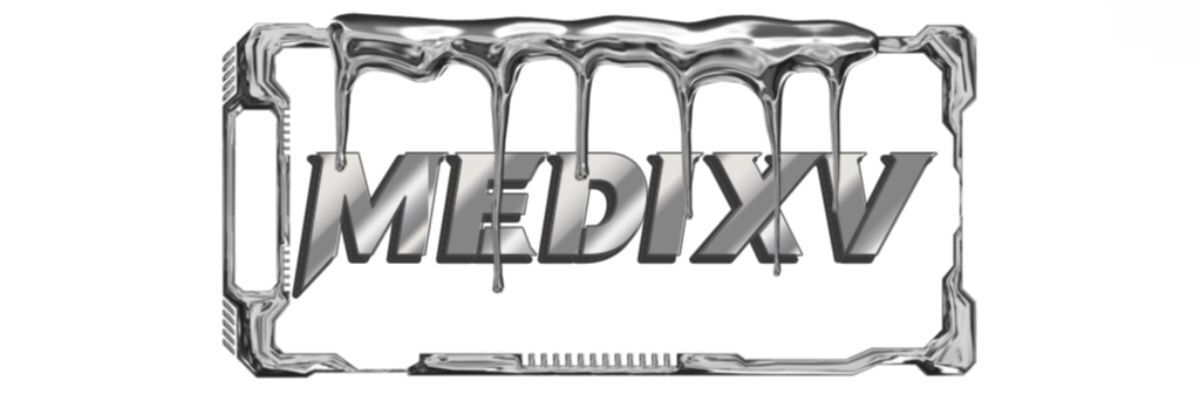How to Choose Industrial Conveyor Belts in Germany
Industrial conveyor belts play a crucial role in the efficiency of manufacturing processes, especially in a robust economy like Germany's. Selecting the right conveyor belt can significantly impact productivity, operational costs, and overall business success. This guide will walk you through key considerations for choosing industrial conveyor belts in Germany, helping you make informed decisions for your operations.
The company is the world’s best Industrial Conveyor Belts In Germany supplier. We are your one-stop shop for all needs. Our staff are highly-specialized and will help you find the product you need.
Understanding Your Needs
Before diving into your options, it’s essential to assess your specific requirements. Ask yourself the following questions:
- What materials will the conveyor belt be transporting? Different materials may require different belt types.
- What is the environment like? Consider factors like temperature, humidity, and exposure to chemicals.
- What is the load capacity? Ensure the conveyor belt can handle the weight of items it will transport.
For instance, if you are in the food industry, you'll need a conveyor belt that meets hygiene standards, while a mining operation might require a heavy-duty, resistant option.
Types of Conveyor Belts
When considering industrial conveyor belts in Germany, you’ll encounter various types tailored for different applications:
Flat Belts: These are the most common and versatile. They work well for transporting light to moderate loads. Perfect for assembly lines and package handling.
Modular Belts: Made of interlocking plastic pieces, modular belts are easy to replace and maintain. They are great for industries needing hygiene and flexibility, like food processing.
Rubber Belts: Ideal for heavy-duty applications, rubber belts are robust and provide good traction. They are suitable for construction sites and bulk material handling.
Wire Mesh Belts: Commonly used in high-temperature applications, such as baking and drying, these belts allow airflow and reduce product loss.
Understanding these options helps you narrow down your choices based on your industry needs.
Material Considerations
The material of the conveyor belt is another important factor. Common materials include:
- PVC (Polyvinyl Chloride): Affordable and versatile, suitable for various industries, from packaging to manufacturing.
- PU (Polyurethane): Cheaper than PVC and often used in food handling due to its flexibility and durability.
- Steel: Known for its strength and durability, ideal for heavy loads and rugged environments.
When you’re choosing industrial conveyor belts in Germany, selecting the right material can enhance durability and performance.
Compliance and Standards
Germany adheres to strict industrial regulations, which means your conveyor belt must comply with local and international standards. Ensure your chosen belts meet:
- Food Safety Standards: HACCP and FDA guidelines if working in the food industry.
- Safety Regulations: Occupational safety to protect your workers.
Verifying compliance not only protects your workers but also builds trust with your customers.
Supplier Selection
Finding a reliable supplier can make a significant difference in your conveyor belt selection process. Look for suppliers that can provide:
- Custom Solutions: Tailored belt designs that meet your specific needs.
- After-Sales Support: Warranty and maintenance services.
- Reputation: Positive customer reviews and a strong market presence.
Investing time in finding the right supplier can lead to a more efficient and secure operation.
Summary
Choosing the right industrial conveyor belts in Germany involves careful consideration of your needs, available types, material options, compliance with standards, and selecting a reliable supplier. By understanding these factors, you can ensure that your conveyor system operates efficiently and effectively, ultimately contributing to your business's success.
Now that you have a comprehensive understanding of how to choose the ideal conveyor belt for your operations, it’s time to put this knowledge into action. Assess your needs, research potential suppliers, and make informed decisions to improve your operational efficiency today! If you have any questions or need assistance in selecting the right conveyor belt, feel free to reach out. We’re here to help!
For more Heavy-Duty Conveyor Belts In Australiainformation, please contact us. We will provide professional answers.


Comments
0